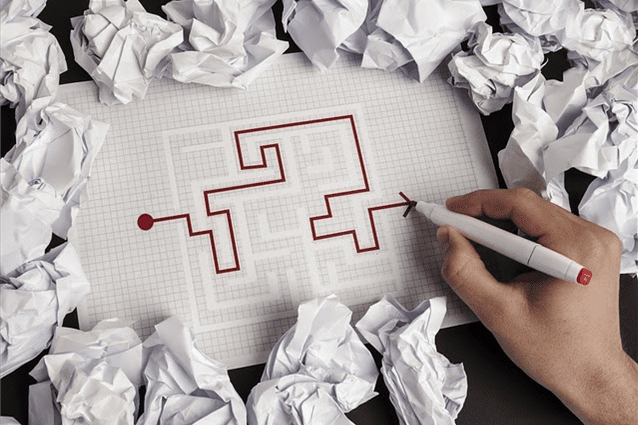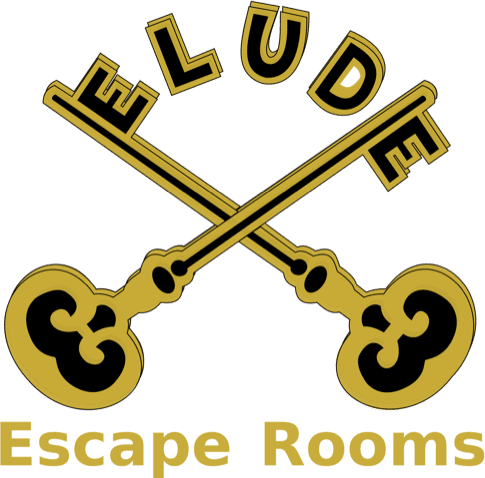
In today’s working world, the definition of a self-fulfilled employee is one who has satisfactorily achieved work-life balance. But in reality, this has become less of a Golden Mean and more of a mythical Holy Grail that many pursue without ever actually obtaining.
One of the reasons why is that the dichotomy of work versus life seems incomplete. There is actually a third component to self-fulfilment.
And as strange as this sound, an escape room is a nice analogy of how this third element works with the other two.
The Three Components of Self-Fulfilled Employees
First off, here is a different set that does better at representing the life of a satisfied employee.
- Work
- Relaxation
- Leisure
Likewise, an escape room adventure can be broken down to align with these three parts.
Work – The Challenges
Each puzzle in an escape room is an intense exercise of the mind. And through this exercise, a goal is achieved and rewards are obtained. Stress and tension is built up, but only because it primes the mind to tackle the task at hand. There is pressure to make progress because time is running out.
It is the same in real-life workplaces. We work to earn and accomplish our goals to fulfill our life-sustaining needs. On that end, there is a sense of basic urgency. Stress and anxiety build up along the way, but everyone pushes on because it is absolutely necessary to make a living.
Relaxation – Having Fun
Now unlike the workplace, escape rooms can cleverly present the task of puzzling challenges while also making them very enjoyable to play.
This ‘play’ aspect is to ultimately provide a sense of relaxation among participants (regardless of whether they succeed the challenge or not).
This is also necessary because relaxation allows us to peacefully recharge ourselves in order to keep working. It defuses the stress so that it won’t strain us and cause damage. It is where we catch our breath, take a break and be ready to try the task again (or take on a new one).
Leisure – A Sense of Purpose
Aristotle once said that true leisure is not the same as idleness (which means it is actually separate from relaxation). It refers to performing activities for their own sake as if they represent their own great purpose.
It is this third element that is often absent in the conversation about employee fulfillment. Interestingly enough, activities like escape rooms accurately represent it.
Within the challenges, you play the role of brave detectives, daring adventurers or determined survivors. You see yourselves as heroes of the story, boldly making your way to the goal because it is a core part of the whole tale.
In the context of the workplace, leisure invites employees to really reflect on their own story. What is the main goal in their own tale? What are the things they do for their own sake (and not just because it’s fun or that it makes a living)?
Such questions can lead to very important insights both for workers themselves and upper management.
In fact, consider organising an escape room team building activity with the above model in mind. It may very well give you a better idea on what your people consider as fulfillment asides from chasing the vague work-life balance concept.

